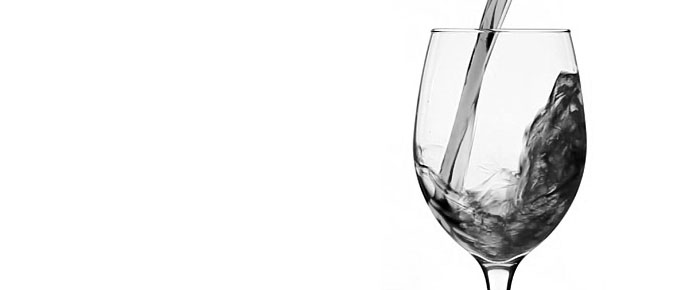The Most Difficult Thing About Chinese
Published on September 21, 2013
Photo by Dave Dugdale
By far the most difficult thing I’ve found about learning Chinese is measure words.
I came upon them when learning nouns during a Rosetta Stone lesson. As I was learning, a large point of confusion for me was that the word 书 (shū, book) came up often, and seemed to mean “book” when used alone, but it was often accompanied by the word 本 (běn), which didn’t seem to change its meaning at all. I couldn’t decide whether 本书 meant book, or 书 by itself meant book.
This confusion came to a head with many similar nouns when I was met with the following sentences on a single screen:
一辆车 (yī liàng chē, a car)
一个鸡蛋 (yī gè jīdàn)
五本书 (wǔ běn shū, 5 books)
五份报纸 (Wǔ fèn bàozhǐ, 5 newspapers)
Here, I knew the number word, and the noun, and if the word in between was an indefinite article like a or an, I couldn’t figure out how none of these words has the same article as another.
As I often do when I find myself stumped in the software world, I promptly turned to the classic Q and A site, StackExchange. StackOverflow, the haven for programmers of all languages, is a resource I’m rescued by almost daily at work, and I was overjoyed to find chinese.stackexchange.com, a StackExchange website devoted to Q and A on the Chinese language. I asked a question about my confusion, and was lucky to find a prompt and thorough answer.
In short, we have measure words in English, as well: a stick of gum, a loaf of bread, a gallon of milk. But whereas these words can be optional in English, and are simply replaced by some when not used (“I’m going to buy a bottle of wine” vs. “I’m going to buy some wine”), they are grammatically mandatory in Mandarin. That is, it is ungrammatical to say 我有一辆红色的车。 (wǒ yǒuyī hóngsè de chē, I have a car); it is only correct to say 我有一辆红色的车。(Wǒ yǒu yī liang hóngsè de chē). This is difficult to translate word-for-word in English; how do you measure cars? I have one make of car? Not really.
While this would’ve been a relatively straightforward lesson to have learned if the grammar were explained in English, one of Rosetta Stone’s selling points is the immersion experience; you speak, hear, and read only your target language from the beginning; there is no English whatsoever. So just showing four different nouns with an inexplicable word before them didn’t exactly illustrate well this grammatical concept, which raises the question of how concepts like this might be successfully illustrated by using only pictures and the foreign language. I’ll be sure to report the next time I stumble upon such an instance while doing Rosetta Stone.
Vs. French
Learning french, the grammatical gender was something that I often found frustrating. I had to simply adopt the practice of learning the indefinite article alongside each vocabulary word that was a noun: un chat (a cat), une voiture (a car). But in this case, you always had a 50/50 chance: there are only two genders in French: male and female. Further, when nouns become plural, they use the same definite or indefinite article regardless of gender: des chats, des voitures.
In Chinese, there seem to be no fewer than 48 measure words, and I have heard estimates that top 100, though how there could be some question as to how many measure words exist is beyond me.
Granted, there is some rhyme and/or reason as to how measure words correspond to nouns. For example, 坐 (zuò) is used for mountains, bridges, buildings, and the like. But rather than classifications of objects (say, all parts of a boat: hull, mast, galley, engine, etc.), measure words often correspond to the shape of objects: 支 (zhī) is used for pens, pencils, and other long, thin objects, and 张 (zhāng) is used for maps, beds, tables, and other flat objects. This is particularly frustrating, because after learning both 床 (chuáng, bed) and 桌子 (zhuōzi, table or desk) used 张 (zhāng) that 张 was used for furniture. But the fact that 图 (tú, map) is also accompanied by 张 certainly breaks down the logic.
So it’s clear that a 1 in 48 chance is certainly not as favorable as the odds in French. And that’s if you can magically recall all 48+ measure words in one go, which I’m quite far from after a month of Chinese learning.